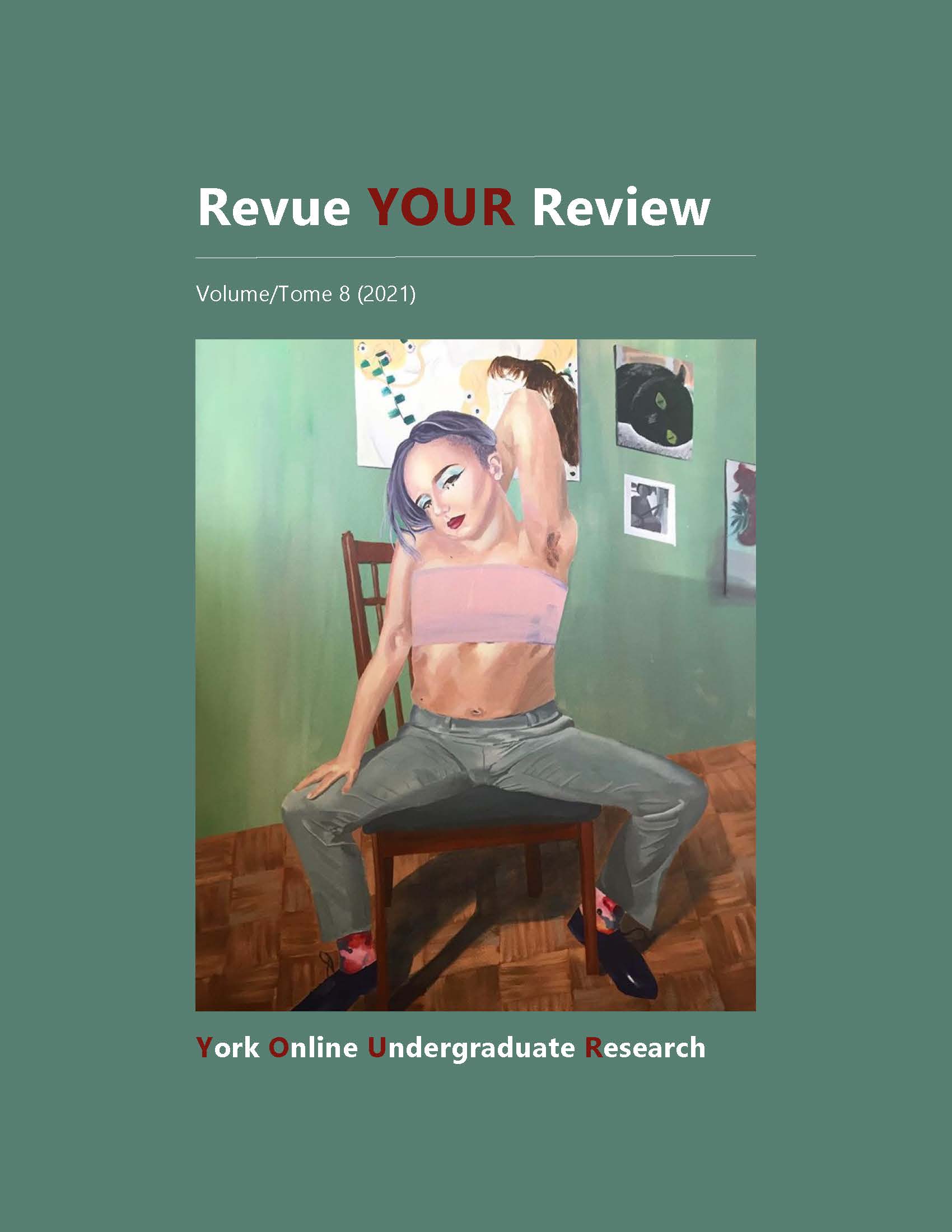Mindfulness for Depression? A Critical Analysis of Mindfulness-Based Cognitive Therapy (MBCT)
Keywords:
mindfulness, mindfulness-based intervention, mindfulness-based cognitive therapy, depression treatment, relapse prevention, online therapyAbstract
Originating from Buddhist traditions, mindfulness is intended to cultivate inner peace through non-judgemental observation and acceptance of our moment-to-moment experiences. However, conflicting perspectives emerged as these practices were introduced and proliferated in the West. This article will define mindfulness, elaborate on the controversy surrounding mindfulness in Western wellness spheres, and assess its efficacy when integrated into standardized therapeutic approaches. Specifically, this article will include a literature review evaluating mindfulness-based cognitive therapy (MBCT) for depression. Despite criticisms on mindfulness, there is evidence that mindfulness skills gained in therapy are beneficial and can act as mechanisms for change in patients’ experiences of depression. MBCT has demonstrated success as a supplementary treatment and relapse prevention method for recurrent depression. Compared with other treatments, MBCT significantly decreases depressive symptoms and increases response rates among vulnerable patient groups at a higher risk of relapse and those with treatment resistant depression. A final discussion of implications related to the COVID-19 pandemic will highlight how online MBCT can help address the increasing need for accessible mental health services. Given the significance of these findings, future research should examine the efficacy of MBCT as a stand-alone therapy, and its generalizability to other disorders.
Downloads
Published
How to Cite
Issue
Section
License
Copyright (c) 2021 Claudia Dias Martins

This work is licensed under a Creative Commons Attribution-NoDerivatives 4.0 International License.
Authors contributing to Revue YOUR Review agree to release their articles under one of three Creative Commons licenses: Creative Commons Attribution 4.0 International; Creative Commons Attribution-NonCommercial 4.0 International; or Creative Commons Attribution-NoDerivatives 4.0 International. All editorial content, posters, and abstracts on this site are licensed under Creative Commons Attribution-NoDerivatives 4.0 International. For further information about each license, see:
https://creativecommons.org/licenses/
In all cases, authors retain copyright of their work and grant the e-journal right of first publication. Authors are able to enter into other contractual arrangements for the non-exclusive distribution of the e-journal's published version of the article (e.g., post it to an institutional repository or publish it in a book or in another journal), with an acknowledgement of its initial publication in this e-journal.


